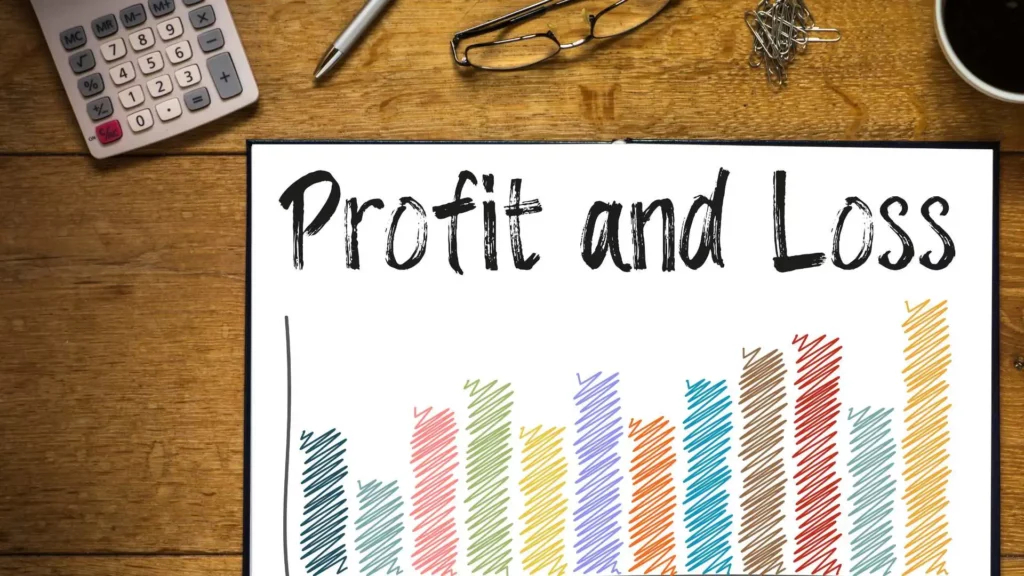It takes a lot to make sure you’re on track to keeping your financial resolutions in the New Year and achieving your goals when it comes to personal finance. But it is important that you stick to what you commit at the start of the year. If you have set financial goals before but haven’t been able to stick to them or want to learn how and what financial goals to set, here are a few tips that can help you.
Calculate your net worth
Knowing exactly how much you are worth is important for your financial health. The New Year is a good time to calculate your net worth and take stock of your financial situation. Knowing this crucial detail will help you set the rest of your financial goals for the year.
This should be a yearly activity. Calculating your net worth will help you identify all your assets and liabilities. This helps you find out how much debt you have in total at present and which debts you need to focus on paying off first.
Start making budgets
Budgeting is a very important part of being financially responsible. It gives you a solid framework to control the flow of money. You will know exactly where your money is coming from and where all it is being spent.
Creating a budget is really easy. Simply write down all the expenses you expect to spend in a month. Once you have this, keep that money aside. The rest is to be used for savings and investments. Your expenses should also include your debt payments. this helps you identify exactly how much of your income is going towards loan repayments.
The 50-30-20 rule is a popular budgeting method. It means you set aside 50% of your income for your needs, 30% for your wants, and 20% for debt payments and savings. If you’re following this method, make sure you make a clear demarcation between your needs and wants. Your needs are essential expenses. Your wants are expenditures that are not really necessary, for example, dining out, buying the latest gadget, etc.
Make a debt repayment plan
Making a debt repayment plan is crucial if you plan on becoming financially independent in the coming years. Debt can ruin your finances if you’re not careful in how you handle them. Also, if you’re not repaying your debts on time, it will destroy your credit score as well.
The most important way to approach this is to start paying off your high-interest loans first. Since the interest rates are high, you will be paying a lot more interest on them when compared to other loans. The longer you take to repay these loans, the more interest you will end up paying over the loan tenure.
A debt repayment plan should allow you to pay off your loans in stages. As you pay off the first loan, use that motivation and momentum to move on to the next one, so on and so forth. Prioritize paying off your debts before you start saving up for other large expenses such as a house or a car.
Use credit cards wisely
Credit card debt is one of the biggest financial traps you can fall into. This comes under the category of high-interest debt. If you already have credit card debt, pay it off at the earliest. If you don’t have this debt yet, good job. Make sure you use your cards wisely so that they enhance your credit score.
When used properly, credit cards are highly advantageous. But when used carelessly, they can ruin your finances. As a general rule, never use more than 30% of your available credit at any point. The lesser you use, the better your credit score will be.
Start saving up for the future
It’s never too early to start saving up for retirement. It may seem like a funny proposition especially if you’re just starting your career. But having a solid retirement savings plan and investing your money into it is vital for the future. the sooner you start, the more you will be able to save up.
If your employer offers an IRA or a 401(k) plan, you should take it. Many employers even offer to make matching contributions. That means, for every dollar you invest, your employer will invest the same amount. This is literally free money going towards your retirement fund. In such cases, make sure you max out your contributions every year. There are retirement savings plans available for self-employed individuals as well.
Keep in mind that retirement savings are to be kept separate from regular savings and your emergency fund.
Restructure your investments if needed
Investing your money is the best way to grow your wealth. Apart from your savings, the rest of your money should be making more money for you. If you’ve already invested in bonds, stocks, mutual funds, etc., it may be time to take a look at your portfolio and make changes if necessary.
The pandemic has thrown a lot of things out of balance. Many sectors you had invested in may not be doing so well. Take the help of a financial advisor and see what changes need to be made to your portfolio to make it give you the best returns at low risk.
Check your credit report regularly
Maintaining good credit is important if you want to get loans and other financial services in the future. Check your credit report on a regular basis to ensure that all the information in it is correct. Sometimes, credit bureaus may make errors that reduce your score.
There are multiple ways of checking your credit for free multiple times a year. Make this a practice.

























